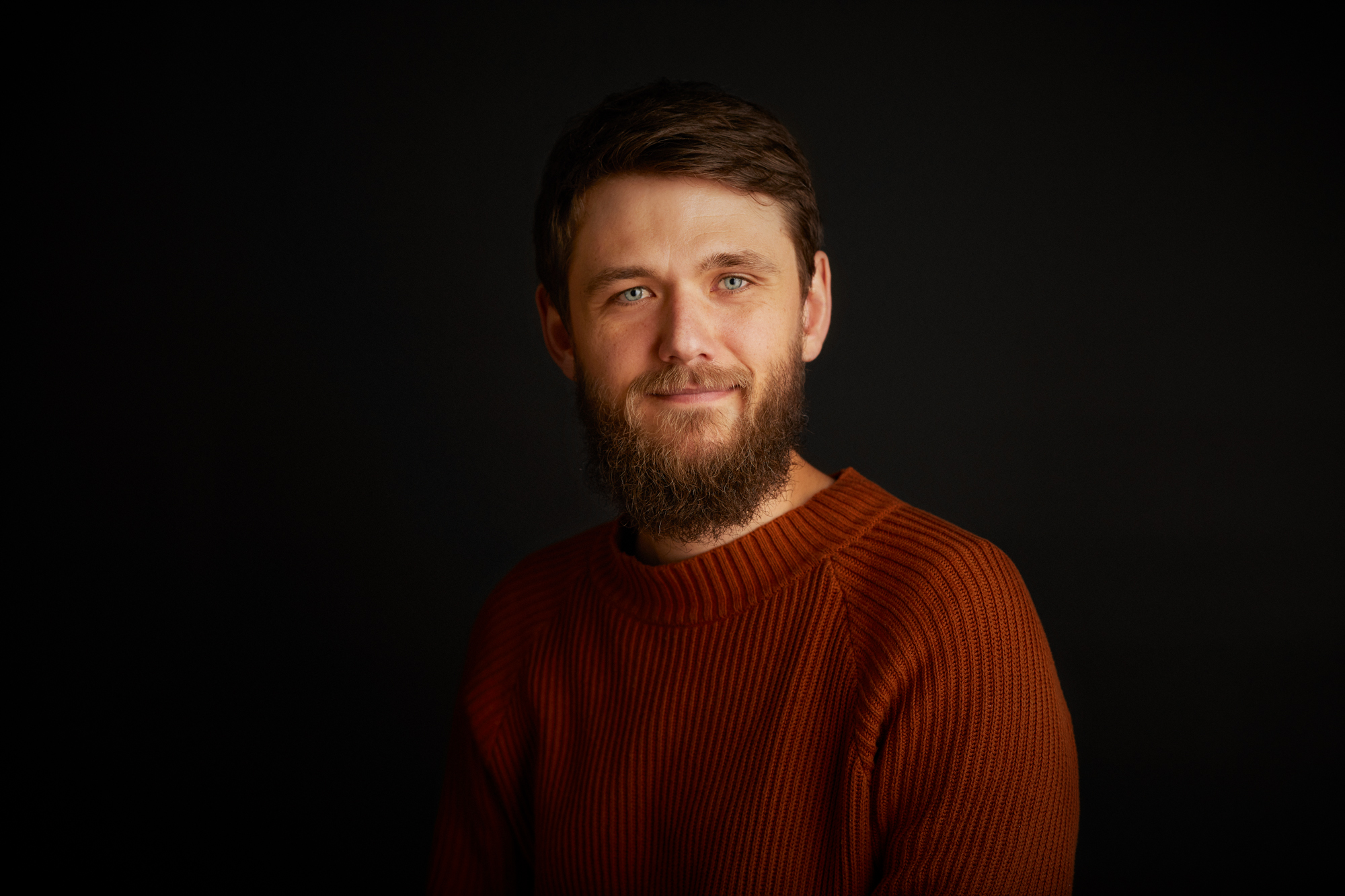Anton Pottegård
Research leader

Project title
Hypothesis-free screening for adverse events: A new approach in drug safety research
What is your project about?
I plan to use data in a new way to perform drug safety research. As of now, monitorisation of the safety of drugs is primarily based on "spontaneous adverse event reports", i.e. reports submitted by either the physician or the patient. This system carries some important drawbacks. We can adress those, if we use health data in a new way, namely to systematically screen for unknown associations between drug and various diseases. In this project, we'll develop the methods to do this, including figuring out how to prioritise the many "signals" that such a system will generate and how we can perform solid and efficient testing of signal, e.g. by replicating them in data from Norway and the Netherlands.
How did you become interested in your particular field of research?
It started as a purely intellectual interest, as I found it to be a highly fascinating challenge to keep track of very large amounts of health data to identify the right answer to a research question. After a few years, I realised that I could, on top of this intellectual challenge, actually make a difference for patients, if I do my job well. And I guess this is all that you can ultimately ask for: An interesting job where you can make a difference.
What are the scientific challenges and perspectives in your project?
We will establish large-scale screening of health data. That would be easy, if it was a matter of identifying patterns in nonsensical data. However, health data is highly sensical, as they express how diseases develop over time and how they are treated. To find new patterns in these data, will therefore not correspond to identifying a needle in a messy haystack, but rather a needle in a stack of needles. Another major challenge is to establish replication of our findings, so that we do not unwillingly create a bunch of worrying signals without proper follow-up. Both challenges can be solved, however, and working on these constitute a major part of the project.
What is your estimate of the impact, which your project may have to society in the long term?
We use in society quite many drugs - and increasingly so. Any contribution to the safety of using these medicines will benefit many people, and secure that we can also in the future receive useful treatment of our illnesses. In this project, we will develop new ways of performing such research, and if this is ultimately shown to work, it will improve drug safety research globally, and as such carry quite important implications of how we can treat people with drugs in the future.
Which impact do you expect the Sapere Aude programme will have on your career as a researcher?
A Sapere Aude grant will give me the opportunity to prioritise the long-term development that is required to change the way we work. On a daily basis, such development can easily get side-tracked, as you tend to prioritise the urgent business over the actually important tasks. It is both my hope and my expectation that this project will constitute an important part of the foundation of my work in the coming years.
Background and personal life
I live in Trekroner, Roskilde, with my wife, whom I have known since age 16, and my three small children. An active family life and my work, the two things I truly care about, make up just about everything that one can squeeze into ones daily life (and the some).
View all research leaders here
Research institution
University of Southern Denmark
Research field
Pharmacoepidemiology
City of your current residence
Roskilde
High school
Odsherreds Gymnasium
